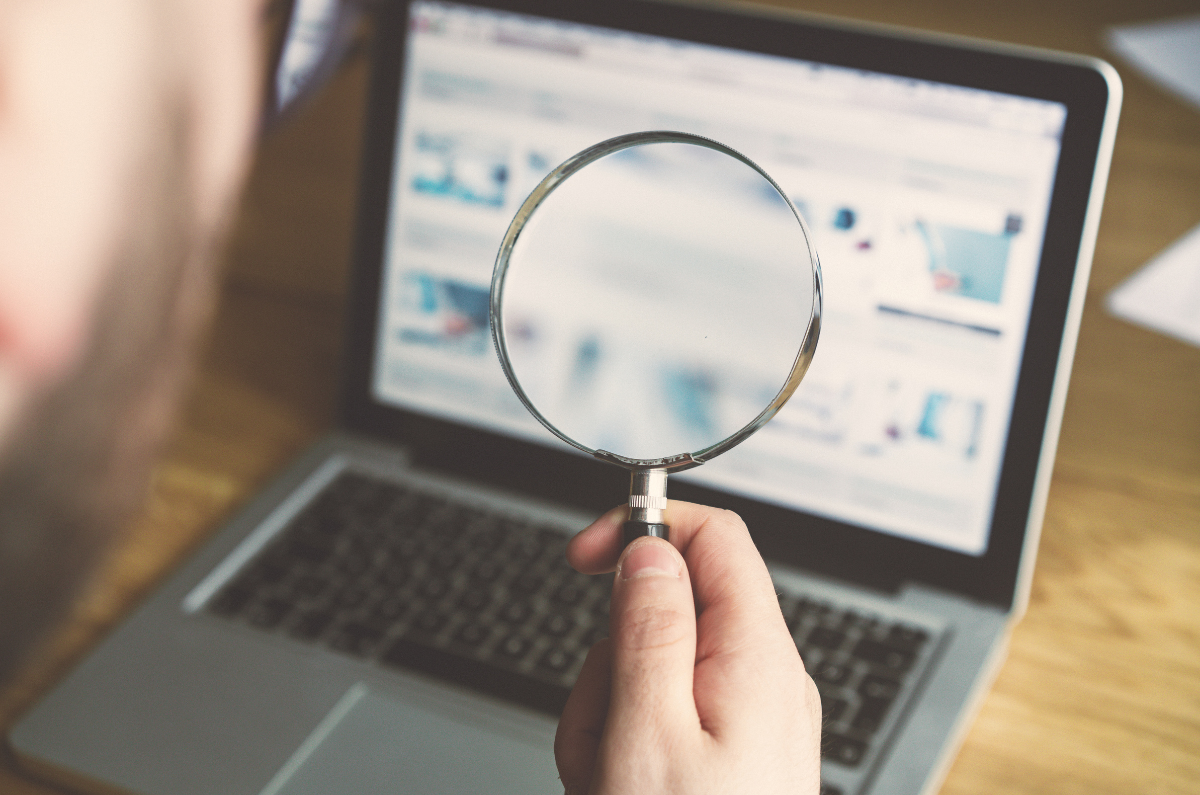.png)
Understanding Gaslighting - Part 2: Responses and Alternatives

While our previous blog, “Understanding Gaslighting,” helped to define this term, we realize that you are probably wondering what are alternatives or healthy responses to gaslighting. As always, at TherapyCloud, we know you are wanting accurate information from our trusted, licensed therapist on topics related to mental health. So, you can sign up for our newsletter here to stay informed on various blogs we publish. Or, you can keep reading to find out more information about gaslighting. If you missed our Part One Blog on Gaslighting, you can read it here.
Responses to Gaslighting
As discussed in our previous blog, while not all people who use gaslighting are abusive, it is not uncommon to see this behavior in relationships with domestic violence specifically.The National Domestic Violence Hotline outlines that techniques like minimizing, denying, or blaming are typical deflection techniques used by those who are abusive. So, when thinking about responses to gaslighting, you need to first ask yourself “Is this person interested in changing?”.
If your co-worker makes a mistake and says something that is gaslighting but you know them, in general, as a compassionate person, you may be able to approach them with your feelings and explain that you would like such things to not be said again. However, it is not uncommon for gaslighters to have difficulty taking responsibility for their actions, being a bit narcissistic in nature. So, consider whether you want to invest time and emotional energy in bringing up how the gaslighting hurt yout.
While this may sound harsh, we want to give you realistic expectations. Gaslighting is not done only by “bad people”. Gaslighting may not even be malicious. But, gaslighting is used to avoid taking personal responsibility for how what we say or do affects others. So, chances are the person gaslighting is not going to be first in line to apologize and make changes.
Alternatives to Gaslighting
While we at TherapyCloud are always going to encourage emotion-focused communication using “I-statements” (check out a blog here on how to do that, as is outlined by The Gottman Institute - the leaders in research on relational conflicts). Using such language that describes only yourself and your emotions, a technique used to proactively minimize the defensiveness of others, is a very emotionally intelligent method of communication. However, those using gaslighting in interactions may not be able to see how hurtful or inflammatory their interactions are. Even worse, they may not care.
This is where an alternative can be possible. The Karpman Drama Triangle can be a helpful model to understand how to simply not interact in relationships that are toxic. When there is a dynamic that takes the shape of someone being the victim (e.g. being blamed) and someone being the persecuted (e.g. the gaslighter), the only way to not get sucked into this dynamic is to simply not engage.

You do not need to rescue someone else. You also do not need to use more time and energy on someone who is treating you poorly via gaslighting. So, whether they are an intimate partner or stranger, it is okay to not participate when someone is gaslighting. If this causes an even more inflammatory response from the same person who previously gaslit, then you have even more insight into how, chances are, everything will always be your “fault” in their eyes anyway. So, step away.
Let exiting a pattern of gaslighting be your alternative option to dealing with it. There is nothing wrong with that. It’s not avoiding. It’s respecting yourself enough to know when to walk away when the other person is mistreating you.

From TherapyCloud Team




